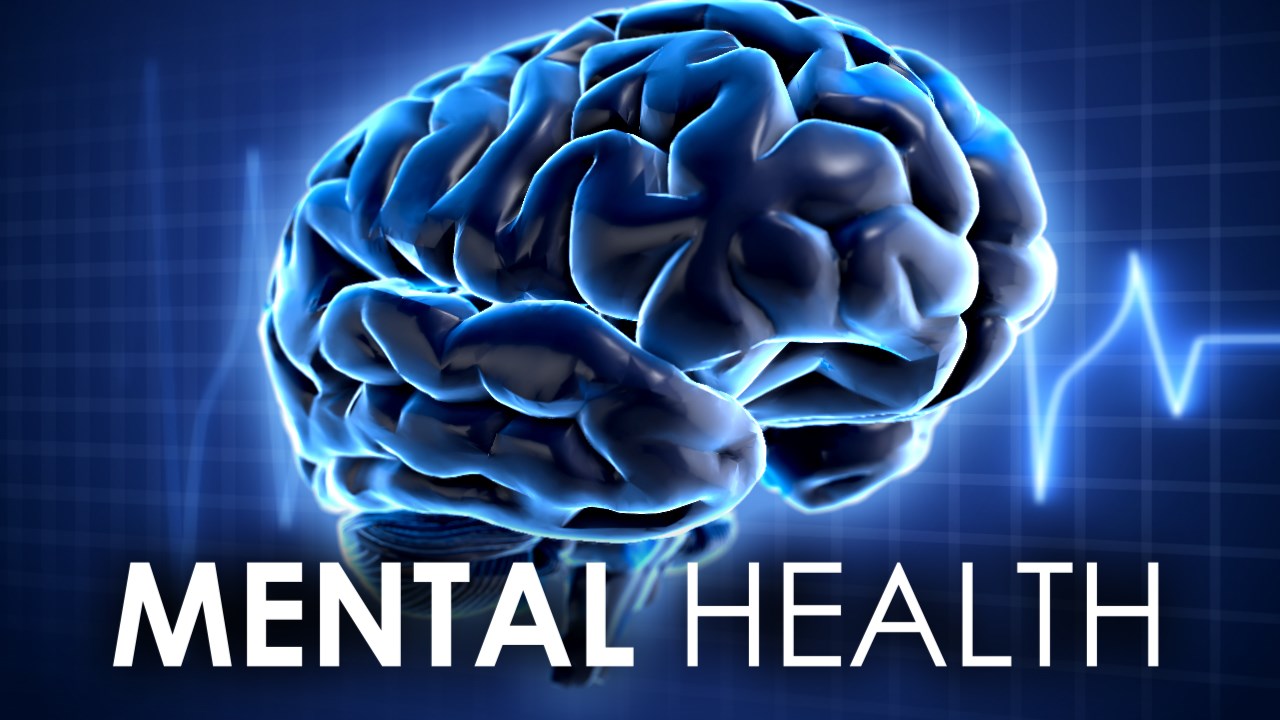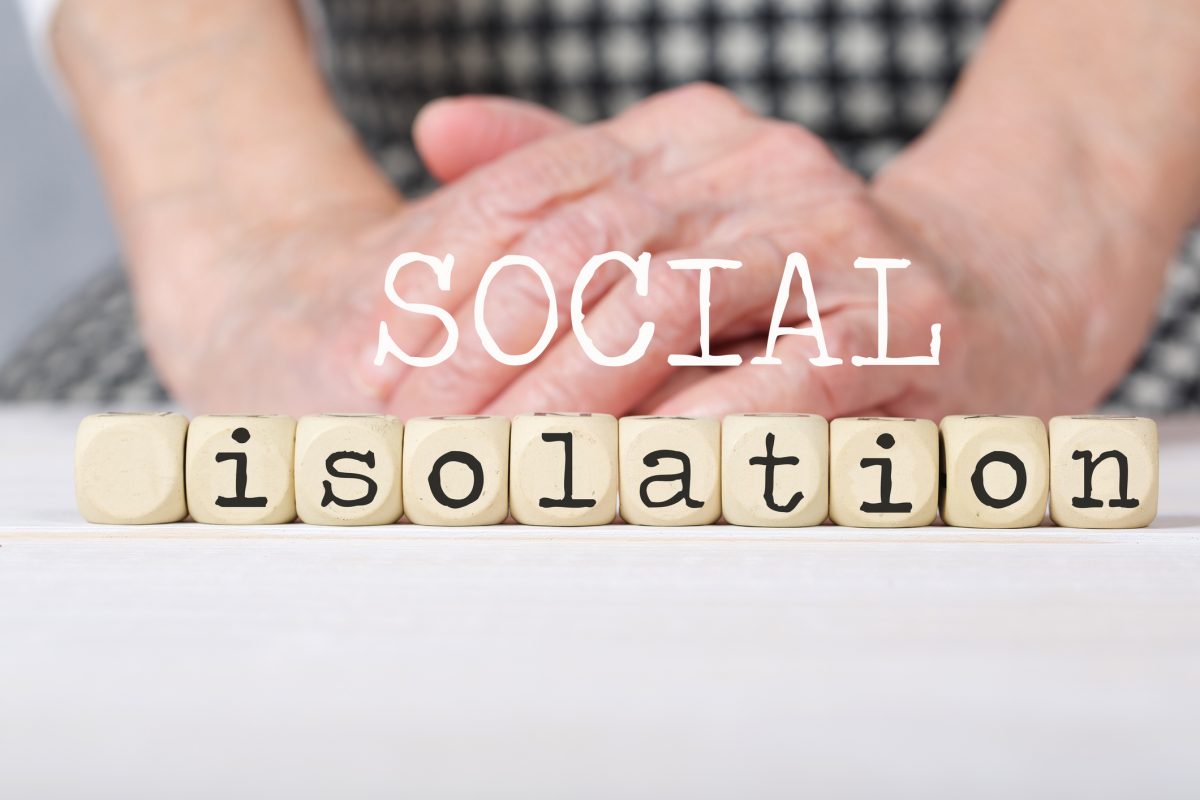Mental Health and Natural Interventions
Are you currently feeling that your cognitive performance isn’t how it used to be? Do you suffer from lack of concentration, poor memory or mood disturbances? All these issues can stem from numerous factors in our life, ranging from stress, to poor health, alcohol and drug abuse and more. There are many interventions that can help you and your neurological health that do not require toxic pharmaceutical drugs that essentially do not help increase the brains health but just mask the symptoms through modulating neurotransmitters.
We are told by many of our mental health professionals that our neurological ailments, such as depression or anxiety stem from the monoamine theory which states that these illnesses are caused from an imbalance in serotonin, norepinephrine and dopamine(1). Recent studies are demonstrating this may not be the case, with antidepressants medications only modestly more effective than placebos for reducing symptoms and the possibility that SSRIs may have an opposing effect on depressive symptoms during acute and chronic treatment(1).
So you may ask what is causing these issues? There are a number of causative factors that many lead to mental illness, as each person and their lifestyle is completely different to the next but the science is demonstrating that stress (resulting from emotional, psychological or nutritional factors) contributes to neurodegeneration and synaptic loss (the loss of brain cell and brain cell connections). Stress can have impacts on the structure and function of brain circuitry that results in long-lasting changes in behavior(2). Synaptic plasticity is the mechanism by which information is maintained and stored within individual synapses, neurons, and neural circuits to guide the behavior of an organism(2). These mechanisms allow us to adapt to our constantly evolving environment, but not all of these adaptions are beneficial. Under prolonged periods of physical or psychological stress, these mechanisms become dysregulated, leading to unbalanced connectivity between brain regions, resulting in pathological behaviors, poor cognition and memory impairment(2). There are many ways we can address these issues but today I want to bring to your attention the use of neurological enhancing apoptogenic herbs.
Adaptogens are non-toxic plants that are known to for helping the body resist and handle psychical, psychological, chemical and biological stress. These herbs have been used for centuries in Ayurvedic and Chinese traditions, with science today finally demonstrating their effectiveness in treatment. Each herb helps the body come back into balance via different mechanisms effecting biological and neurological systems.
Ashwagandha
This Ayurvedic herb has many applications from helping the body resist stress through the regulation of cortisol to helping restructure brain synapses through a process called synaptogenesis (creation and reformation of brain cell connections).
A study tested it’s effects on people with a history of chronic stress and analysed them by measurements of serum cortisol and assessing their scores on standard stress-assessment questionnaires(3). There was both a placebo control group and the study drug treatment group with both consuming one capsule twice a day for 60 days (with the drug treatment group receiving 300mg of high-concentration full-spectrum extract from the root of the Ashwagandha plant)(3). Results in the drug treatment group compared to the placebo group, showed a significant reduction in scores on all the stress-assessment scales on day 60 with a substantial reduction in serum cortisol(3). This demonstrated the herbs resistance towards stress thereby improving self-assessed quality of life.
Additionally another study isolated one of the main constituents from the Ashwagandha plant called withanolide A (WL-A) to investigate its effects on memory impairment due to neuronal atrophy and synaptic loss in the brain(4). WL-A recovered memory deficiencies through the regeneration of both axons and dendrites in addition to the reconstruction of pre- and postsynapses in neurons within the cerebral cortex and hippocampus brain regions(4).
One of the mechanisms WL-A reduces neurodegeneration is by restoring glutathione depletion in the hippocampus, increasing glutathione synthesis in neuronal cells by upregulating GCLC level through Nrf2 pathway in a corticosterone dependent manner(5).
Ashwagandha has been tested on neurological disorders like Alzheimer’s disease, Parkinson’s disease, Huntington’s disease, epilepsy and stress disorders with successful results(6). It was able to reverse synaptic loss and neurite atrophy, bettering functional outcome leading to reduced cognitive defects. The authors of the study attributed the observed effects to increased neurite outgrowth, synaptogenesis, synaptic integration, improved axonal and dendritic regeneration, thereby by showing strong regenerative potential(6).
As we can see, this herb has amazing applications for those suffering from a number of stress and neurodegenerative disorders. By incorporating apoptogenic herbal interventions, we can help ward off disease and even repair aspects that may already be dysfunctional or damaged. This is one of many herbs I will be covering in future articles to demonstrate the incredible potential these applications have in our lives, not only now but also for our future health.
Written by Luke Pavasovic
Director and Naturopath at Alchemic Health
facebook.com/alchemichealth
www.alchemichealth.com
References:
1. https://www.thescienceofpsychotherapy.com/is-the-low-serotonin-theory-of-depression-wrong/
2. https://www.ncbi.nlm.nih.gov/pmc/articles/PMC3212803/
3. https://www.ncbi.nlm.nih.gov/pmc/articles/PMC3573577/
4. https://www.ncbi.nlm.nih.gov/pmc/articles/PMC1576076/
5. https://www.ncbi.nlm.nih.gov/pmc/articles/PMC4195593/
6. https://www.ncbi.nlm.nih.gov/pmc/articles/PMC4392656/


